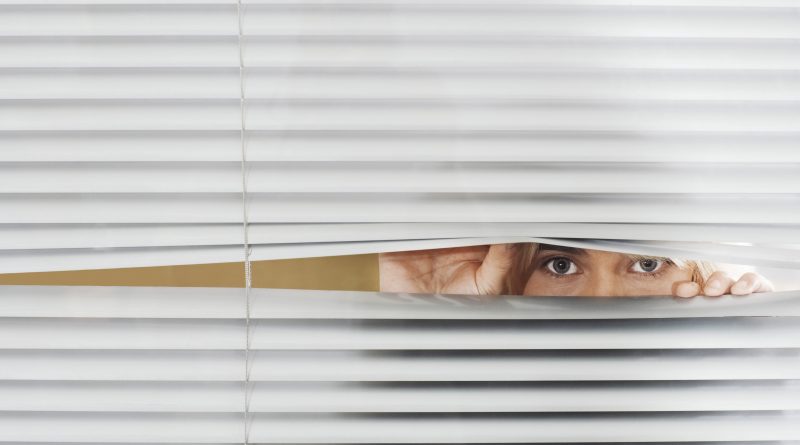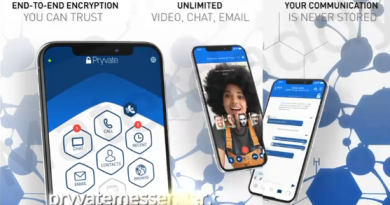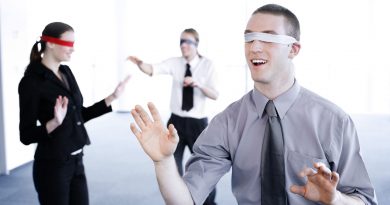Privacy and Remote Surveillance: Can We Trust Systems to Protect Who Is Watching Us?
Is your security camera safe? With more security devices linked to networks and systems, they are also exposed to different network-based hacks and attacks.
Privacy today experiences increasing threats from a rising surveillance apparatus that is justified in national security. Different government agencies—the Department of Homeland Security, the Federal Bureau of Investigation, the National Security Agency, and other local and state law agencies—intrude upon private communications of innocent people, collect massive databases of who we call and when, and list suspicious activities based on the most unclear standards.
When Surveillance Becomes a Problem
In the newest iteration, at least 150,000 security cams installed in factories, hospitals, businesses, and schools were compromised, offering outsiders access to video from psychiatric hospitals, prisons, Tesla factories and so much more.
Hackers claim to have breached surveillance agency Verkada that delivered a statement telling they’re studying the scope and scale of the case and that they notified the law enforcement. Apparently, the attack was not sophisticated, using a privileged administrator account to access the system.
According to a Verkada spokesperson, every internal administrator account has been disabled throughout the investigation to avoid unauthorized access.
Some of the cameras breached utilized facial recognition technology and analytics to determine and distinguish video footage people. Further, the hackers claimed they have had access to the complete video archive of every Verkada customer—which involves audio, archived video, and live feeds.
Tillie Kottman, one of the assumed hackers, told Bloomberg that the international hacker collective had planned to present the universality of video surveillance and effortlessness. It could be compromised—particularly when devices are linked as part of the IoT.
The Privacy Problems of Security Cameras
Unluckily, security cameras cannot track selectively. Anybody stepping into the monitored space will be caught on the camera and watched until they leave. When the recorded footage is saved, that could be used against anybody when the occasion comes.
Here’s a random situation showing to what level this could go:
The surveillance team could blackmail a cheating husband walking down the block with his lover. A camera could record an innocent stranger passing by down the street when the incident occurred in a nearby location.
That person might not have anything to do with the incident, but he could become a suspect as he’s the only person caught on the surveillance at the time.
Are Security Cameras an Invasion of People’s Privacy?
You will find numerous grey areas about surveillance technology. The general guideline is to use them where it’s useful for security purposes. Do you plan to stalk people or control staff from afar to boost security? Surveillance could spiral out of control.
But to avoid surveillance breach here’s the thing you can do:
- Execute multifactor authentication on accounts, stopping threat factors from logging in
- Track IOCs, like impossible travel
- Use the principle of least privilege, limiting the scope of damages in the event of a breach
- Making sure privileged accounts are only few
Companies can also lower the risk by performing careful vendor risk evaluations before buying in.



